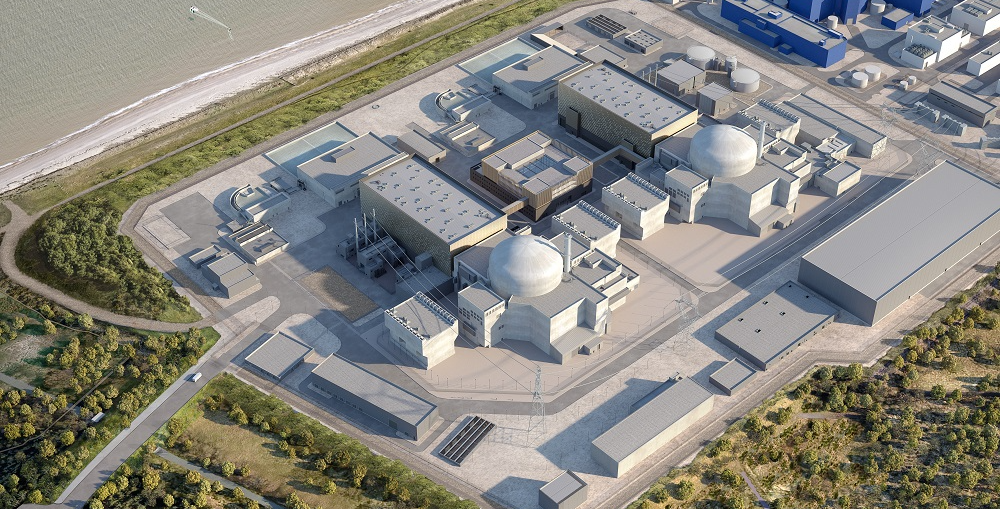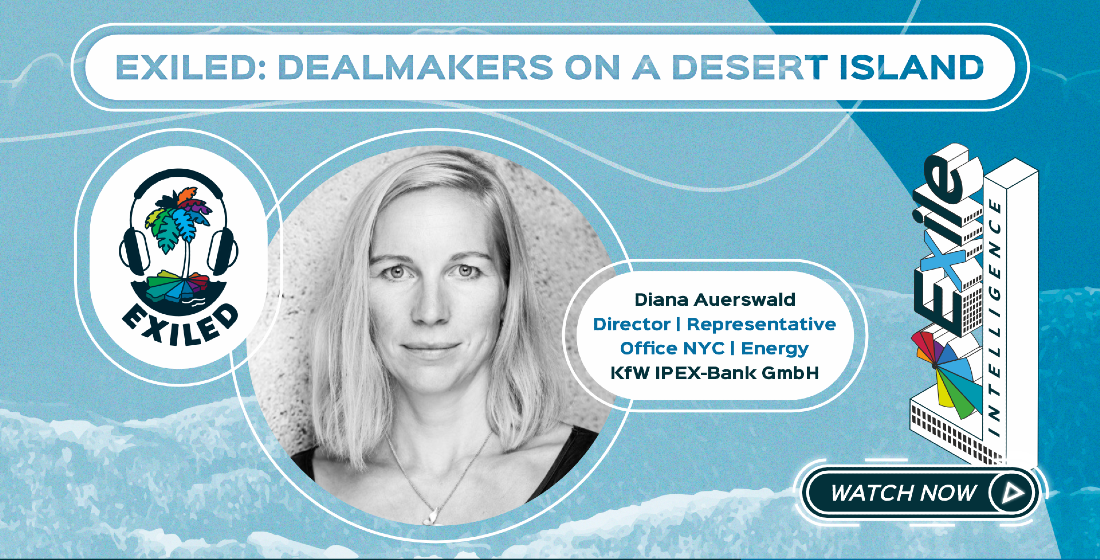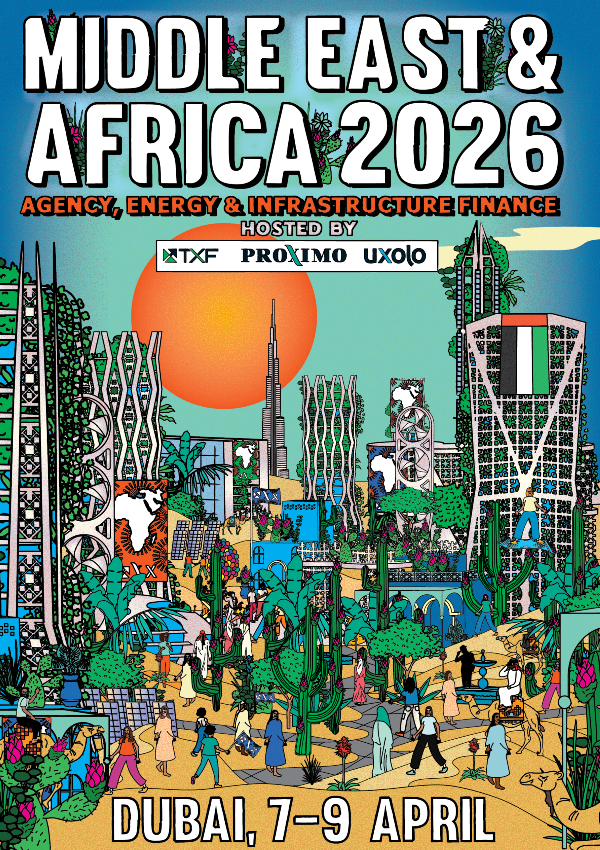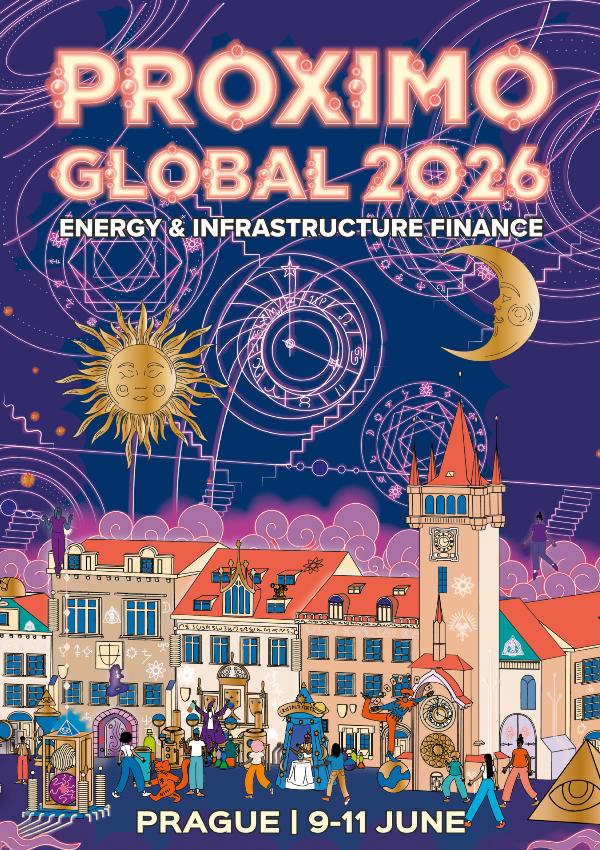Proximo Weekly: The only way is up
Inflation – it’s breaking out all over. EPC costs, debt costs, hedging costs, offtake prices – many of what were predictable and relatively stable variables over a long term project financing are looking increasingly volatile and all are rising.

Forecasting and mitigating inflation and interest rate rises is well-established practice in the project finance market. But it is the speed of the recent rises that many projects are struggling with. Given it can take years from drawing board to financial close, on the EPC side, none want to accept a fixed-price contract any longer, and large contractors have pulled out of such deals if they can: pity the poor EPC contractor that signed a fixed-price deal three years ago on a five-year construction.
On the debt side, project loans are still relatively cheap but, in the words of Yazz, ‘the only way is up’. And on the tenor side, miniperms are very likely to become more prevalent – as they are in the GCC and Australia – with banks not wanting to tie themselves into long-term offerings in the face of future pricing uncertainty. That puts significant refinancing risk on project sponsors, a risk that, given the current global macroeconomic environment, will likely mean a downturn in projects that are not deemed the safest of offtake bets.
Of course, some markets are enjoying a boon in offtake pricing – notably oil and gas and renewables – although it is very difficult to predict how long that will last. And then there is the index-linked project market – transport assets and PPP schemes – where sponsors should be sitting pretty. But even index-linked projects are not all immune because some are backed by index-linked bonds, an instrument that is sensitive to rising interest rates.
Given the increased volatility in the variables that affect project finance forecasting, you would expect corporate PPAs – which add certainty to a project’s future income stream – to be booming. But that is certainly not the case in Europe. According to data from the trade association WindEurope, in the first 10 months of 2022, corporate renewable PPA deals with a combined 3.4GW of capacity were signed in Europe, compared to more than 8GW for the whole of 2021.
The reason, in part, is that sponsors are enjoying record prices in the merchant market at the moment, and a number of PPAs agreed pre-pandemic are now actually causing distress as interest rates rise (all the project cost assumptions they were based on have changed). Add to that uncertainty over how long the EU’s €180/MWh electricity revenue cap for producers enjoying excess profits will last, and you have a recipe for less PPAs and less new projects.
On the upside, there is vast political will behind energy transition, energy security and next generation communications, and that is already translating into new sectors evolving from pure equity to project debt much more quickly than in the past – hydrogen is a good example. Furthermore, the cost of project debt has been very cheap for a very long time and an adjustment was expected even before President Putin’ invasion of Ukraine sent prices spiralling in the commodities markets. But signs are that the confidence that the commercial sector, along with DFIs and ECAs, is going to be able to build at the volume and pace required for energy transition/security to dampen down inflation quickly is misplaced. In project volume terms, the only way is up for energy transition – but how quickly, given the increasing unpredictability of traditional project variables, is questionable.
Selected news articles from Proximo last week
Cameco, Brookfield to buy Westinghouse in $7.9bn deal
Cameco Corp and Brookfield Renewable Partners will acquire nuclear power plant equipment maker Westinghouse Electric in a $7.9 billion deal including debt.
Vestas plans Polish turbine assembly facility
Vestas is planning a new factory in Szczecin, Poland for the assembly of nacelles and hubs for the company’s flagship V236-15.0MW offshore wind turbine.
Evolution's hydro project given Coordinated Project status
Evolution Mining's Mt Rawdon pumped hydro project has been declared a Coordinated Project by the Queensland government’s Coordinator-General.
ENH Coral LNG stake refi progressing
Mozambique state oil company Empresa Nacional de Hidrocarbonetos (ENH), which is being advised by Societe Generale, will soon approach equity and debt providers on the $600 million refinancing of its equity stake in the Eni-led floating Coral LNG project.
SOUTH AMERICA
GIP completes Atlas acquisition
Global Infrastructure Partners (GIP) has completed its $2 billion (estimated) acquisition of Atlas Renewable Energy from Actis.
The Proximo Membership
Join a brand new community of project finance professionals getting unrivalled access to unique analysis, market data and a global portfolio of expert industry events in the energy and infrastructure space. Click here to find out more





